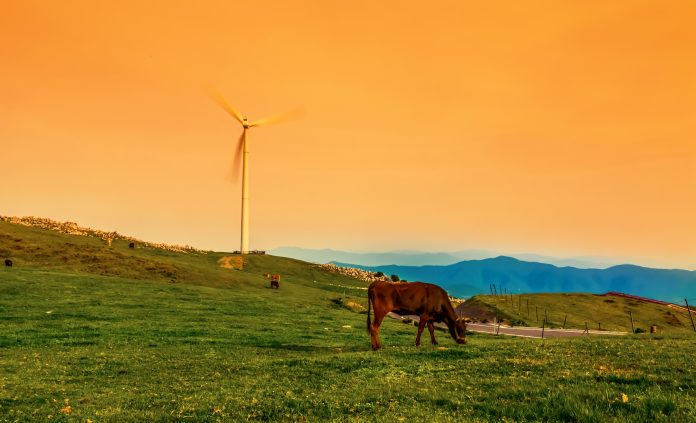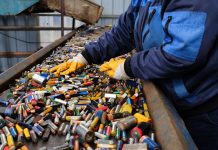The European Commission is modernising the Industrial Emissions Directive by updating the rules to transition towards a climate-neutral economy and fostering innovation against emissions
The Commission is updating the Industrial Emissions Directive, their key legislation generated to help prevent and control pollution and foster innovation to tackle rising carbon emissions across Europe.
These newer and updated rules are to guide industrial investments and innovation necessary for Europe’s transformation towards a zero-pollution, competitive, climate-neutral economy by 2050.
Focusing on innovation, the scheme aims to reward frontrunners, level the playing field on the EU market, and provide long-term investment certainty. These installations need to comply to emissions conditions by applying activity-specific ‘Best Available Techniques’, which will then be determined by industry, national and Commission experts, and civil society for implementation.
The first new obligations on industry are to be expected in the second half of the decade and build on existing Industrial Emissions Directive, which currently covers some 50,000 large industrial installations and intensive livestock farms in Europe.
Covering more relevant sources of emissions, reducing administrative costs, increasing transparency, and give more support to innovative technologies are at the forefront of the upgrade to this transformation.
What are the new measures to boost climate-neutral innovation?
Firstly, the rules will allow for more effective permits for installations, assess the feasibility of reaching the best performance. This is rather than the current method, which is settling for the least demanding limits of the best available techniques, as some 80% of installations do currently.
Secondly, there will be additional help for EU innovation frontrunners, where they will be able to test emerging techniques, benefitting from more flexible permits – identifying pollution control solutions with the Innovation Centre for Industrial Transformation and Emissions (INCITE).
By 2030 to 2034, operators will be expected to develop Transformation Plans for their sites to achieve the EU’s 2050 zero pollution ambition, climate-neutral economy and decarbonisation aims.
When supporting industry’s circular economy investments, the best available techniques could include binding resource use performance levels. The existing Environmental Management System will also be upgraded to reduce the use of toxic chemicals.
Finally, there will be introduced collaborations between depollution and decarbonisation methods – where energy efficiency will be an integral part of permits. There will be systematic consideration to technological and investment synergies between decarbonisation and depollution when determining best available techniques.
Increasing transparency and public participation
Under this scheme, there will be an increase in large-scale intensive livestock farms. Under the new rules, the largest cattle, pig, and poultry farms would be gradually covered: about 13% of Europe’s commercial farms, together responsible for 60% of the EU’s livestock emissions of ammonia and 43% of methane.
This has estimated health benefits at more than €5.5 billion per year in extended coverage.
As farms have simpler operations than industrial plants, all farms covered will benefit from a lighter permitting regime. Obligations will have to reflect the size of farms as well as the livestock density through tailored requirements, centring the Common Agricultural Policy as a key source of support for the transition.
Another technique being adopted will be the extraction of industrial minerals and metals and large-scale production of batteries. Aiming to significantly expand industrial minerals in the EU to enable the green and digital transitions, this requires the best available techniques to guarantee efficient production processes and the lowest possible impacts on the environment and human health.
EU citizens will be able to access data on permits issued against polluting activities
Executive Vice-President for the European Green Deal Frans Timmermans said: “By 2050, economic activity in the European Union should no longer pollute our air, water and the wider environment. Today’s proposals will enable important reductions of harmful emissions coming from industrial installations and Europe’s largest livestock farms.
“By modernising Europe’s industrial emissions framework now there is certainty about future rules to guide long-term investments, increase Europe’s energy and resource independence, and encourage innovation.”
Commissioner for the Environment, Oceans and Fisheries Virginijus Sinkevičius added: “These new rules will enable large industrial plants and intensive livestock farming to play their part in achieving the objective of the European Green Deal and its zero-pollution ambition. Solely from action on livestock farms, benefits to human health would amount to at least €5.5 billion per year.
“The changes will create more jobs, as the EU’s eco-innovation sector has shown successfully in the past. Measures that proactively tackle the pollution, climate and biodiversity crises can make our economy more efficient and more resilient.”











